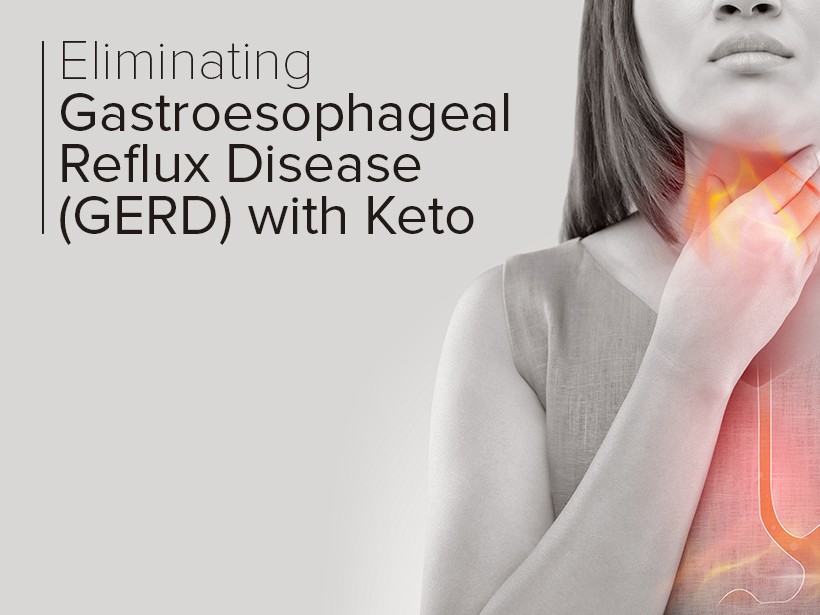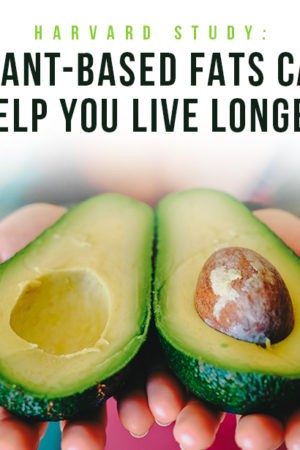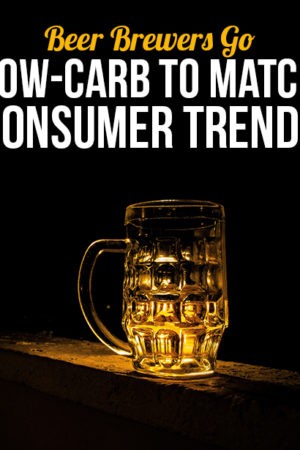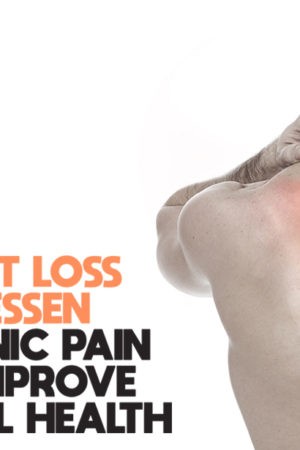Those with Gastroesophageal Reflux Disease (GERD) know the feeling all too well: the burning chest pain, the heartburn, nausea, and regurgitation. They avoid acidic foods, alcohol, and caffeine in the hopes that this will allay their symptoms. These tactics aren’t always successful.
GERD occurs when stomach contents flow back up into the esophagus, which can irritate the esophagus and cause discomfort. Over time, acid reflux associated with GERD can cause damage to the lower esophagus, creating scar tissue, ulcers, and in some cases, esophageal cancer.1
The Problem with Antacids
Antacids don’t solve the problem. They merely cover it up, but the problem keeps coming back so you have to take more antacids. Protein pump inhibitors, the most commonly used medication for heartburn, can result in bone loss and vitamin B12 deficiency. A vitamin B12 deficiency causes a lack of healthy red blood cells, causing confusion, depression, tiredness, lightheadedness, pale skin, lack of focus, and can eventually cause dementia.2
Furthermore, the long-term use of antacids that contain aluminum is under fresh scrutiny. Doctors have noticed a positive correlation between bone fractures and antacid use. Those on long-term antacids are also at higher risk of developing chronic kidney disease than those who don’t take these medications, and antacid use can even accelerate heart disease in some patients.3
Of course, the longer you are on a medication, the more likely you are to suffer side effects from it. But rest assured, GERD can be addressed with lifestyle and diet changes. There is no reason to risk serious side effects from medication if you can alleviate symptoms the natural way.
The Keto Fix
A study conducted by Duke University found that diabetic patients with severe GERD symptoms experienced a complete alleviation of symptoms once they initiated a very low carb diet. The study followed five participants who had symptoms so severe that medications and other conventional therapies didn’t work for them.4
These participants continued to drink coffee, smoke, and follow other habits that irritate GERD, but the GERD symptoms were completely eliminated anyways after just one week of following a low-carb diet.
The researchers in this study concluded that carbs may be a participating factor in GERD symptoms. Lower carb intake influenced the activity of various hormones that aid in opening and closing the valve between the esophagus and the stomach.
The Ketogenic Diet for Quality of Life
Approximately ten percent of American adults experience daily heartburn. Untreated GERD can result in bleeding, Barett’s esophagus, esophageal stricture, laryngitis, chronic cough, and even asthma, among others. Antacid medications are among the most prescribed in the United States, which have their own aforementioned side effects.
This study, while small, is a powerful suggestion that the ketogenic diet may make all the difference in years of suffering from GERD or relief. After just one week, it is possible to experience a complete reversal of GERD symptoms on the ketogenic diet.
NUTRITIONAL DISCLAIMER
The content on this website should not be taken as medical advice and you should ALWAYS consult with your doctor before starting any diet or exercise program. We provide nutritional data for our recipes as a courtesy to our readers. We use Total Keto Diet app software to calculate the nutrition and we remove fiber and sugar alcohols, like erythritol, from the total carbohydrate count to get to the net carb count, as they do not affect your blood glucose levels. You should independently calculate nutritional information on your own and not rely on our data. The website or content herein is not intended to cure, prevent, diagnose or treat any disease. This website shall not be liable for adverse reactions or any other outcome resulting from the use of recipes or recommendations on the Website or actions you take as a result. Any action you take is strictly at your own risk.
- Love Good Fats Secures Funding and Launches in the U.S. - April 5, 2019
- Food and Beverage Manufacturers Cut Sugar Quickly - August 15, 2018
- Are Low-Carb Desserts the Next Big Thing? - July 12, 2018































